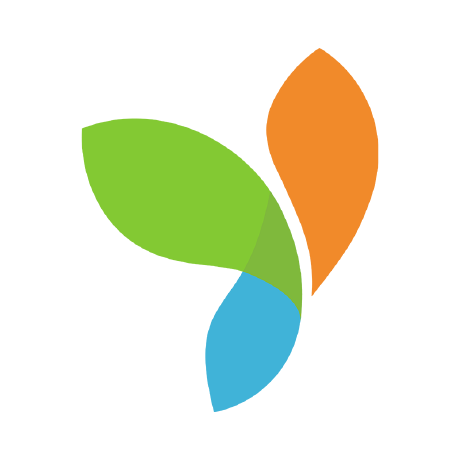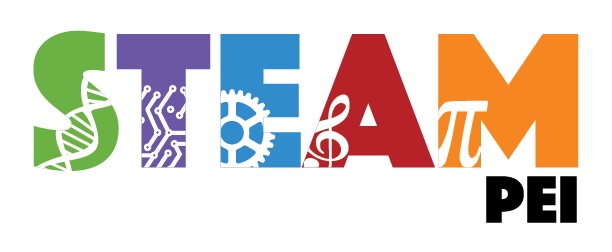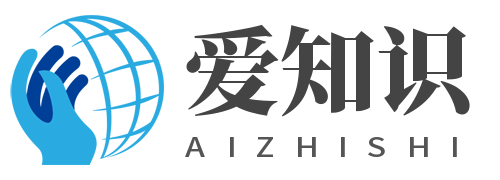
Yii 2 Basic Project Template
Yii 2 Basic Project Template is a skeleton Yii 2 application best for rapidly creating small projects.
The template contains the basic features including user login/logout and a contact page. It includes all commonly used configurations that would allow you to focus on adding new features to your application.


DIRECTORY STRUCTURE
assets/ contains assets definition
commands/ contains console commands (controllers)
config/ contains application configurations
controllers/ contains Web controller classes
mail/ contains view files for e-mails
models/ contains model classes
runtime/ contains files generated during runtime
tests/ contains various tests for the basic application
vendor/ contains dependent 3rd-party packages
views/ contains view files for the Web application
web/ contains the entry script and Web resources
REQUIREMENTS
The minimum requirement by this project template that your Web server supports PHP 5.4.0.
INSTALLATION
Install via Composer
If you do not have Composer, you may install it by following the instructions at getcomposer.org.
You can then install this project template using the following command:
php composer.phar create-project --prefer-dist --stability=dev yiisoft/yii2-app-basic basic
Now you should be able to access the application through the following URL, assuming basic is the directory
directly under the Web root.
http://localhost/basic/web/
Install from an Archive File
Extract the archive file downloaded from yiiframework.com to
a directory named basic that is directly under the Web root.
Set cookie validation key in config/web.php file to some random secret string:
'request' => [ // !!! insert a secret key in the following (if it is empty) - this is required by cookie validation 'cookieValidationKey' => '<secret random string goes here>', ],
You can then access the application through the following URL:
http://localhost/basic/web/
Install with Docker
Update your vendor packages
docker-compose run --rm php composer update --prefer-dist
Run the installation triggers (creating cookie validation code)
docker-compose run --rm php composer install
Start the container
docker-compose up -d
You can then access the application through the following URL:
http://127.0.0.1:8000
NOTES:
Minimum required Docker engine version17.04 for development (see Performance tuning for volume mounts)
The default configuration uses a host-volume in your home directory .docker-composer for composer caches
CONFIGURATION
Database
Edit the file config/db.php with real data, for example:
return [ 'class' => 'yiidbConnection', 'dsn' => 'mysql:host=localhost;dbname=yii2basic', 'username' => 'root', 'password' => '1234', 'charset' => 'utf8', ];
NOTES:
Yii won't create the database for you, this has to be done manually before you can access it. Check and edit the other files in theconfig/ directory to customize your application as required.
Refer to the README in the tests directory for information specific to basic application tests.
TESTING
Tests are located in tests directory. They are developed with Codeception PHP Testing Framework.
By default there are 3 test suites:
unit
functional
acceptance
Tests can be executed by running
vendor/bin/codecept run
The command above will execute unit and functional tests. Unit tests are testing the system components, while functional tests are for testing user interaction. Acceptance tests are disabled by default as they require additional setup since they perform testing in real browser.
Running acceptance tests
To execute acceptance tests do the following:
Rename tests/acceptance.suite.yml.example to tests/acceptance.suite.yml to enable suite configuration
Replace codeception/base package in composer.json with codeception/codeception to install full featured
version of Codeception
Update dependencies with Composer
composer update
Download Selenium Server and launch it:
java -jar ~/selenium-server-standalone-x.xx.x.jar
In case of using Selenium Server 3.0 with Firefox browser since v48 or Google Chrome since v53 you must download GeckoDriver or ChromeDriver and launch Selenium with it:
# for Firefox
java -jar -Dwebdriver.gecko.driver=~/geckodriver ~/selenium-server-standalone-3.xx.x.jar
# for Google Chrome
java -jar -Dwebdriver.chrome.driver=~/chromedriver ~/selenium-server-standalone-3.xx.x.jar
As an alternative way you can use already configured Docker container with older versions of Selenium and Firefox:
docker run --net=host selenium/standalone-firefox:2.53.0
(Optional) Create yii2_basic_tests database and update it by applying migrations if you have them.
tests/bin/yii migrate
The database configuration can be found at config/test_db.php.
Start web server:
tests/bin/yii serve
Now you can run all available tests
# run all available tests
vendor/bin/codecept run
# run acceptance tests
vendor/bin/codecept run acceptance
# run only unit and functional tests
vendor/bin/codecept run unit,functional
Code coverage support
By default, code coverage is disabled in codeception.yml configuration file, you should uncomment needed rows to be able
to collect code coverage. You can run your tests and collect coverage with the following command:
#collect coverage for all tests
vendor/bin/codecept run -- --coverage-html --coverage-xml
#collect coverage only for unit tests
vendor/bin/codecept run unit -- --coverage-html --coverage-xml
#collect coverage for unit and functional tests
vendor/bin/codecept run functional,unit -- --coverage-html --coverage-xml
You can see code coverage output under the tests/_output directory.
版权声明:
1、该文章(资料)来源于互联网公开信息,我方只是对该内容做点评,所分享的下载地址为原作者公开地址。2、网站不提供资料下载,如需下载请到原作者页面进行下载。
3、本站所有内容均由合作方或网友上传,本站不对文档的完整性、权威性及其观点立场正确性做任何保证或承诺!文档内容仅供研究参考学习用!
4、如文档内容存在违规,或者侵犯商业秘密、侵犯著作权等,请点击“违规举报”。



